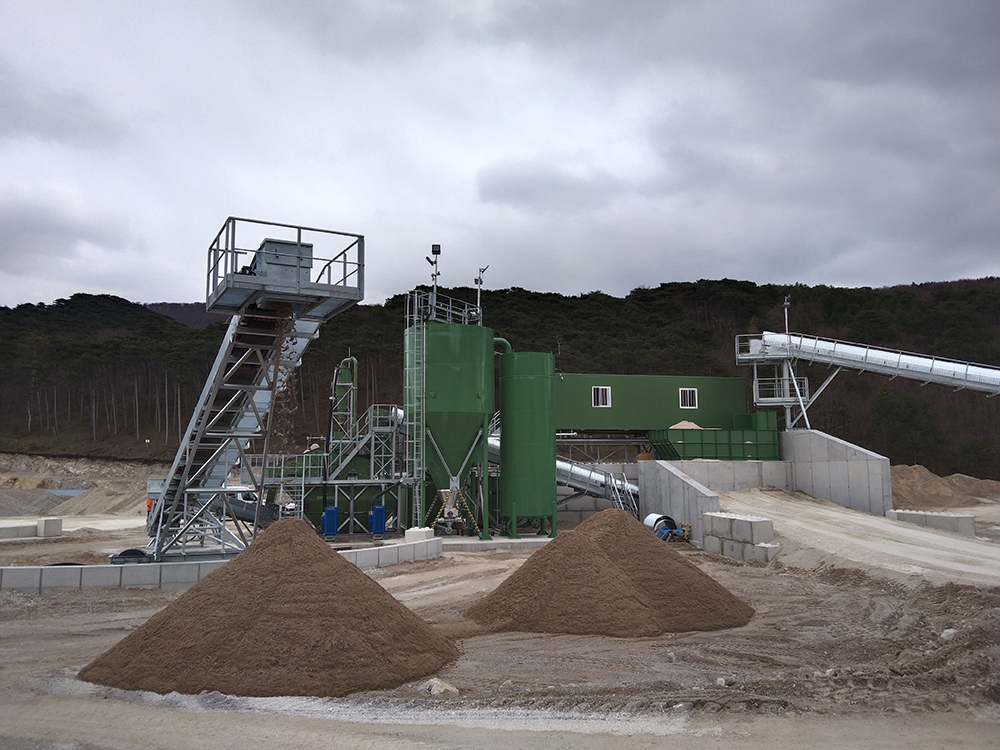
Tecnoidea Impianti SRL has developed a new automated production control system for water and sludge treatment plants in collaboration with fellow Italian company Ma-estro.
The system, which is a Tecnoidea product powered by Ma-estro, is to be called W-Portal – with the W standing for Water. It features a web app and portal where both Tecnoidea and the plant operator can log in to check and extrapolate all the plant data.
“The system enables the complete control of the treatment plant by maximising production efficiency and minimising production costs,” says Marco Doniselli, project engineer at Tecnoidea.
He adds that the two main aims of the automated control system are to enable increased sustainability and cost savings. “These aims are reached by tracing process parameters (energy consumptions, CO2 emissions, environmental data,…) and implementing automatic actions,” he says. “For example, based on the quality of the input material you can adjust water flows, and therefore save energy.”
The system is designed to enable predictive maintenance and the optimisation of spare parts use with less wastage. It also provides the ability to do scheduled, and therefore less frequent, planned downtimes.
Doniselli says that the soil washing and water treatment processes are often regarded as being two different entities which are unrelated and unable to communicate.
“We believe the innovation in our new system is that it treats these two processes as more of one single 360-degree industrial process,” he adds.
Both companies are bringing specific quarry industry expertise to their collaboration. Ma-estro has developed an advanced system for tracing, managing and controlling entire plant processes at quarries. It provides its quarry customers with tools for identifying plant inefficiencies. Tecnoidea has strong expertise in enabling water and sludge treatment turnkey solutions.
“Together our combined expertise enables water and sludge treatment plants to be capable of achieving 100% of their operating performance and optimising production costs,” says Doniselli.
The two companies have previously worked on several projects, but the first prototype of integrated system has been developed for the Beton Lana, a construction materials company in the northern of Italy. The washing plant handles 220 ton/h input material, with 400 m3/h water and 15 ton/h dry solids to the filter press.
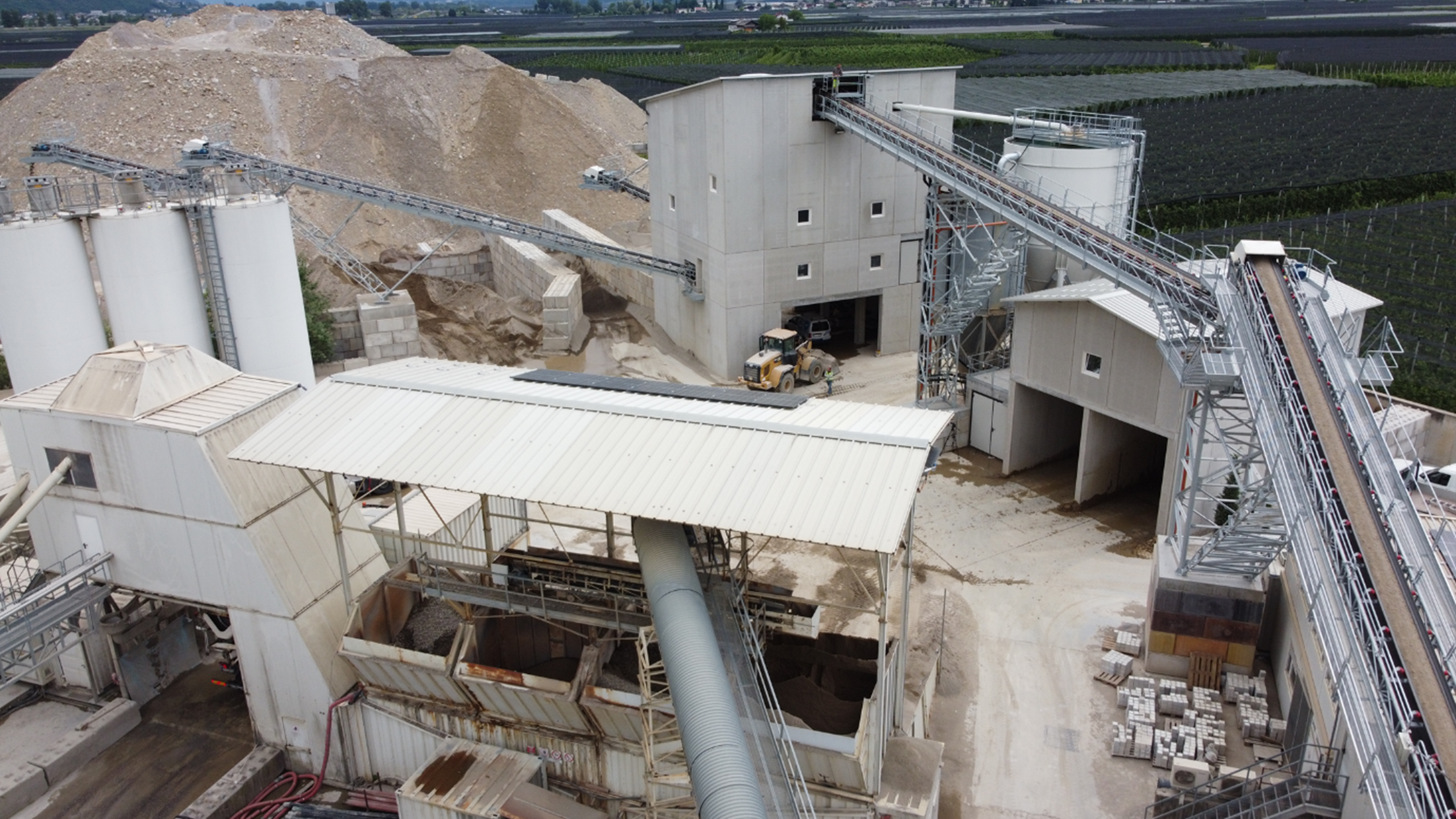
The new automated production control system will be available as an add-on package to new and existing Tecnoidea plants. The system will be able to communicate with the PLC (Programmable Logic Controllers) of the washing plant when this has been designed by Ma-estro.
The system is currently undergoing testing, and the plan is to go live with making it available globally to customers in January 2024 in any location that has an internet connection.
Tecnoidea was founded in 1981 and since then has deployed around 2,000 water and sludge treatment plants around the world, with more than 1,000 of these being at quarries. “Quarrying is the most important part of our business,” Doniselli says.
Tecnoidea’s plants are also used beyond the quarrying sector. One of the most eye-catching projects it is involved in is connected to the 2026 Winter Olympics which will be held in Milan and Cortina d'Ampezzo. As part of the construction project for the event, Tecnoidea has provided a soil washing plant in the Santa Giulia district of Milan. This is improving the poor soil quality in the area by washing a total of 1,000,000-tonnes over the next three years and restoring it into the ground to enable new building to take place. Santa Giulia is the location for a new 16,000-capacity area where the ice hockey tournament will take place. Poor soil quality in the area has previously been a barrier to new buildings being constructed. The washing plant handles 200 ton/h input material, with 600 m3/h water and 40 ton/h dry solids to the filter press.
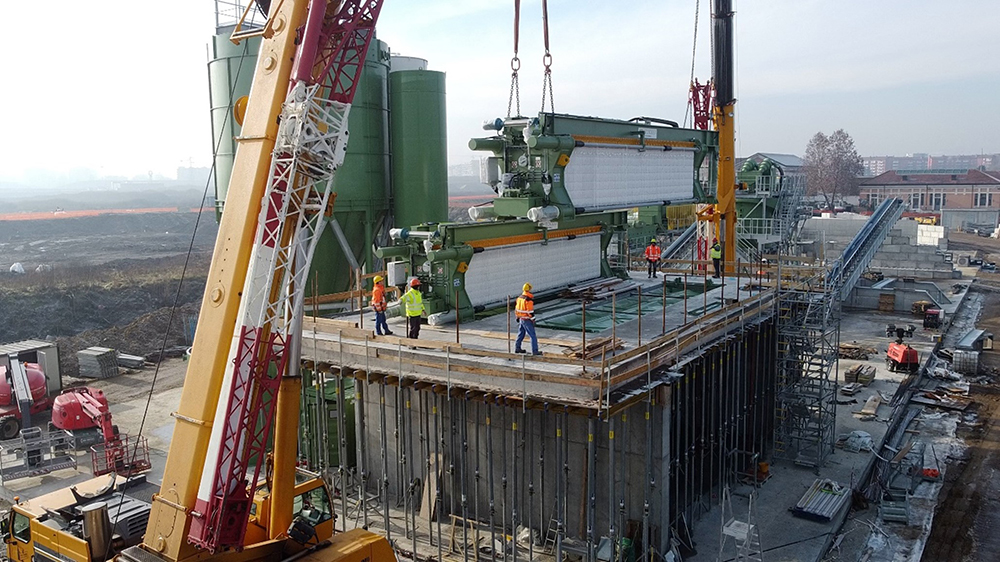
Europe is the main market for Tecnoidea’s plants - specifically central Europe including Italy, Switzerland, Germany and Austria - with the support of the company’s strategic partner metcam. Swiss-based metcam has played a major role in the deployment of a Tecnoidea mud slurry treatment plant at the Gloggner AG company in Perlen, Switzerland. The washing plant (2 lines) handles 20 ton/h drilling mud and 15 ton/h road sweeping material, with 150 m3/h water (each line) and 10 ton/h dry solids to the filter press (each line).
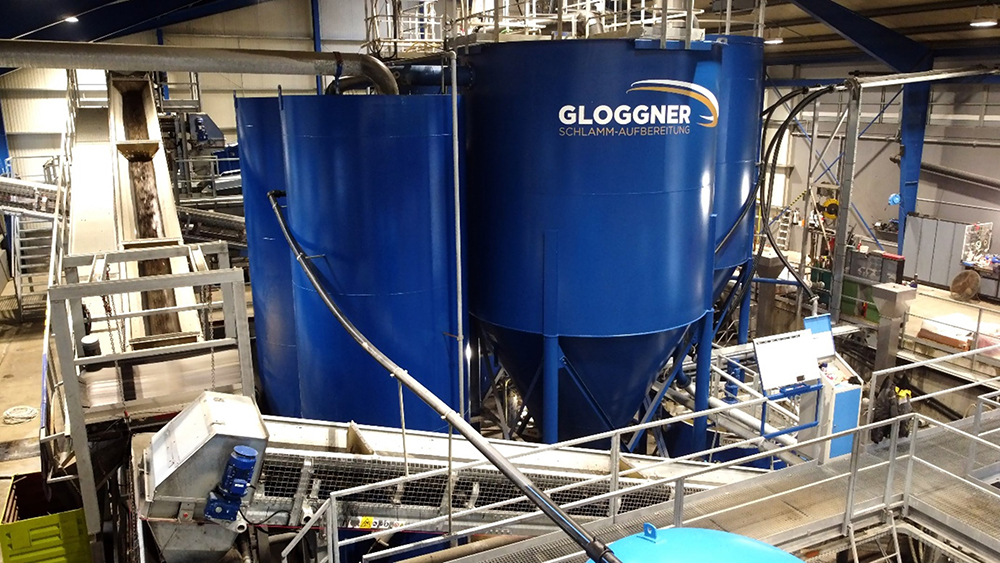
Tecnoidea plants have also been deployed in France, the UK and other countries around the world.
In terms of the company’s future plans and innovations, Doniselli says: “A lot of things are always going on at Tecnoidea and we do not stand still. We are always trying to improve our machines and products. An important new feature of 2023 is the new pump testing facility where the most advanced technologies have been employed to test our ABRA POMPE to the aim of granting the highest performance.”
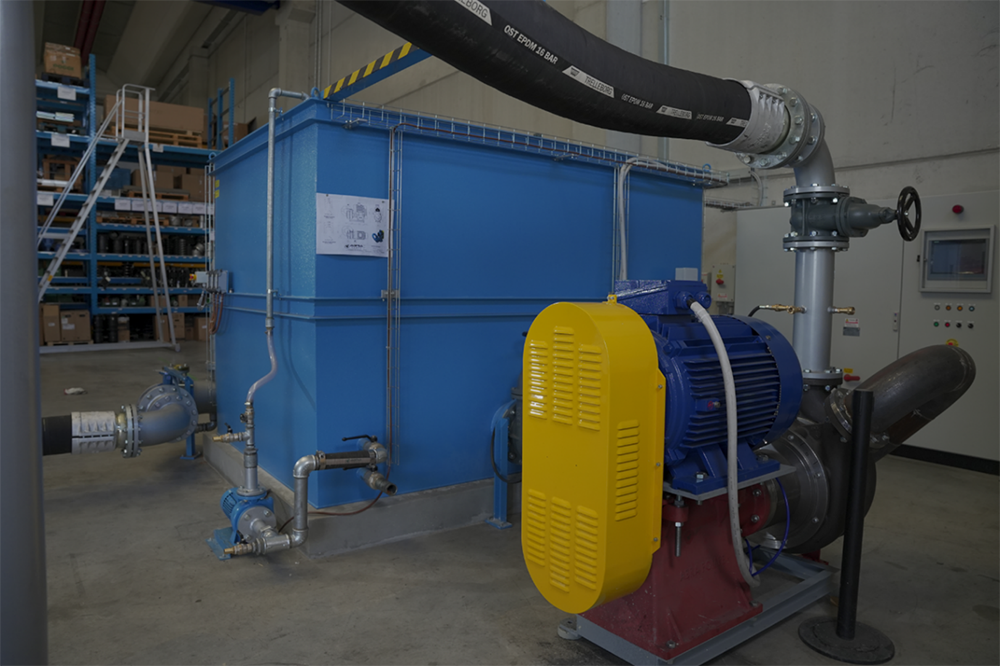
“In my three years at the company I have seen its plans getting bigger and more complex, but to the end-customer the products and the PLC architecture seem even simpler.
“In between there is a lot of work around automation. We are trying to introduce automation even into the sub-features of our machines because we don’t want the operators to bother about anything, just to be concentrated on the final aim and let the machine do the rest.”
Content produced in association with Tecnoidea








